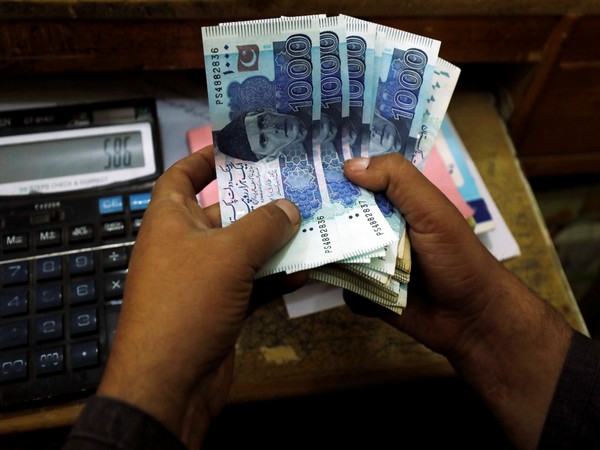A staggering USD 23 billion per year is being drained out of Pakistan due to black marketing and smuggling.
According to a report by ACE Money Transfer, a UK-based company, clandestine operations, encompassing black market currency trade, oil smuggling, gold smuggling, and import controls, have detrimental effects on Pakistan’s economic stability.
“This not only leads to a loss of government revenue but also fuels a shadow economy, making it harder to track and regulate economic activities,” the report highlighted.
They distort exchange rates, leading to currency devaluation, which, in turn, can fuel inflation as imported goods become costlier. Moreover, such activities undermine the efficacy of monetary policies and erode confidence in the financial system, reported The Express Tribune.
In recent years, Pakistan has experienced significant fluctuations in its exchange rates, intensifying its economic challenges. Experts underscore that a steadfast commitment to eradicating smuggling in key sectors is essential for Pakistan’s economic recovery.
“The most important part is governance, if governance is improved, it will lead to an overall improvement in the financial and economic environment and bring stability to our financial markets and help economic and financial growth of the country,” said the ACE group of companies, Chief Executive Officer Rashid Ashraf.
According to the report, Pakistan loses around USD 150 million per month on account of dollar smuggling, culminating in an alarming annual figure of around USD 2 billion per year.
Gold smuggling poses another challenge. The report revealed that out of the significant gold market value of PKR Rs 2.2 trillion (USD 7.1 billion), only 1.32 per cent or PKR 29 billion (USD 94.5 million) is officially declared to tax authorities.
Similarly, the report suggested that smuggled Iranian oil now commands a significant share estimated at over 30 per cent of Pakistan’s diesel market. This smuggled diesel eventually cost the government over USD 1 billion annually.
The report also highlighted the unintended consequences of import bans, despite their well-intentioned implementation. These bans have given rise to a shadow economy, with smuggling, misreporting, and product substitution becoming common methods to bypass import restrictions.
This has disrupted economic activity on a large scale and has the potential to increase unemployment figures significantly, with projections exceeding 2 million people by the end of 2023.









































